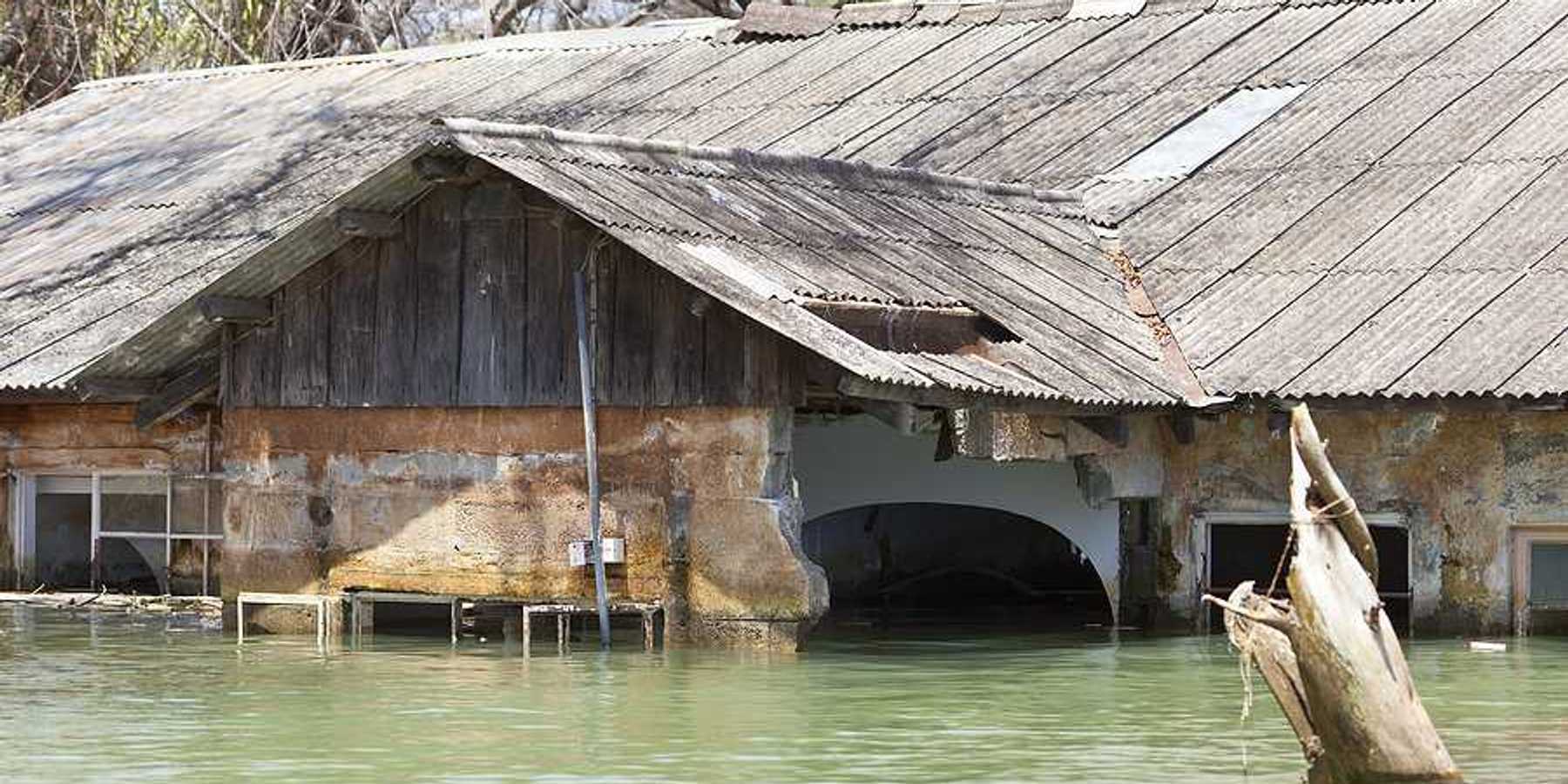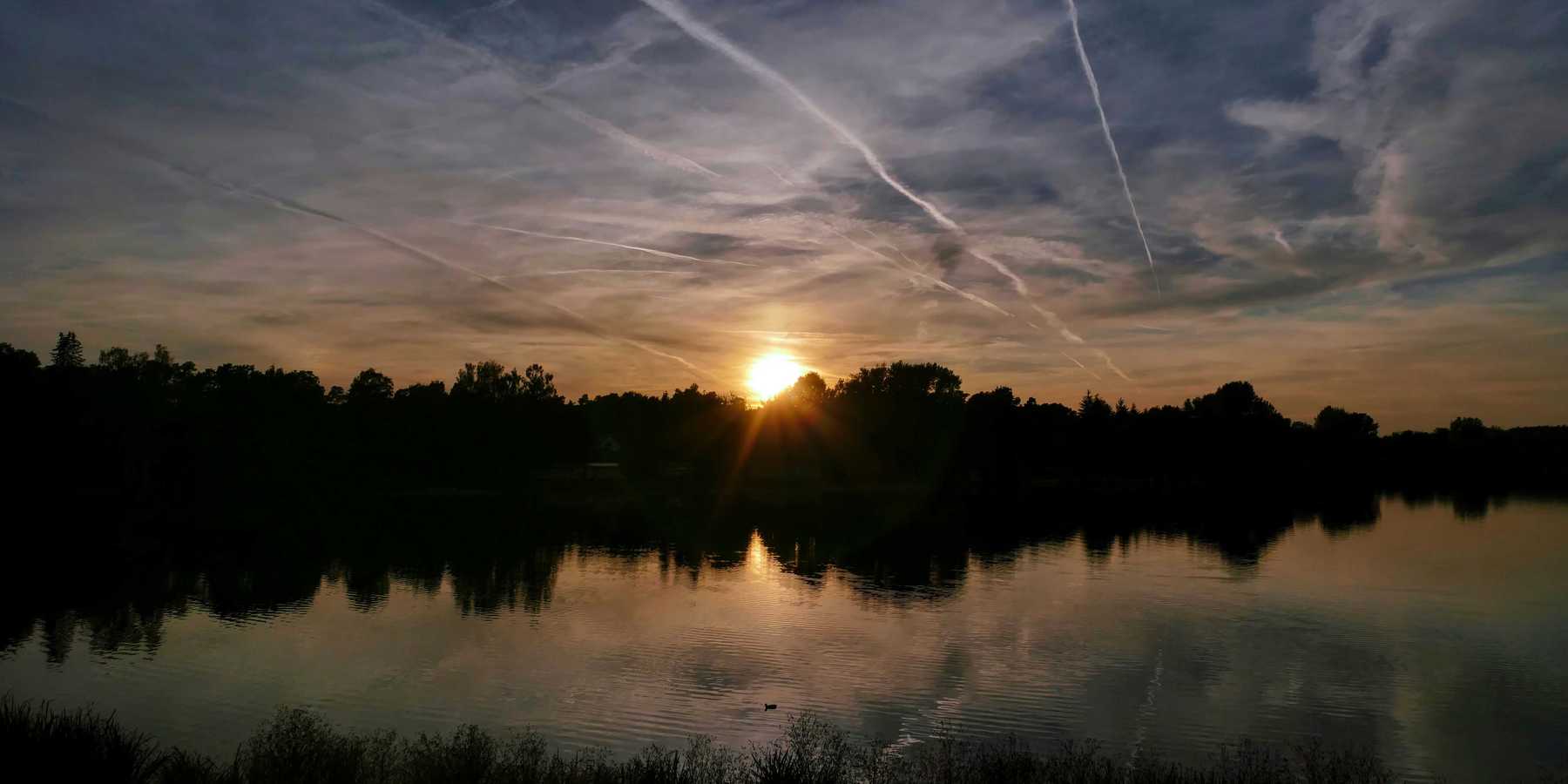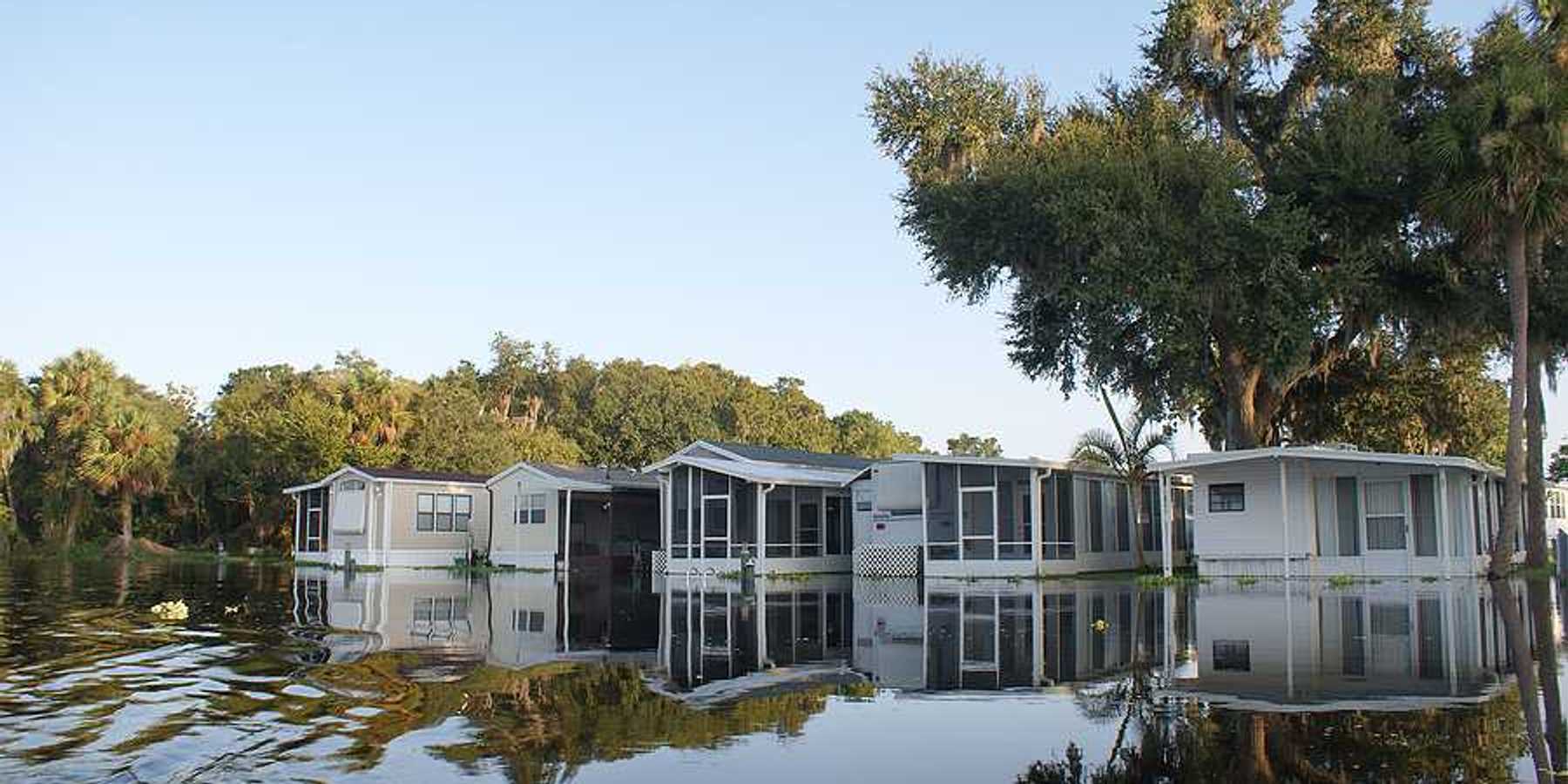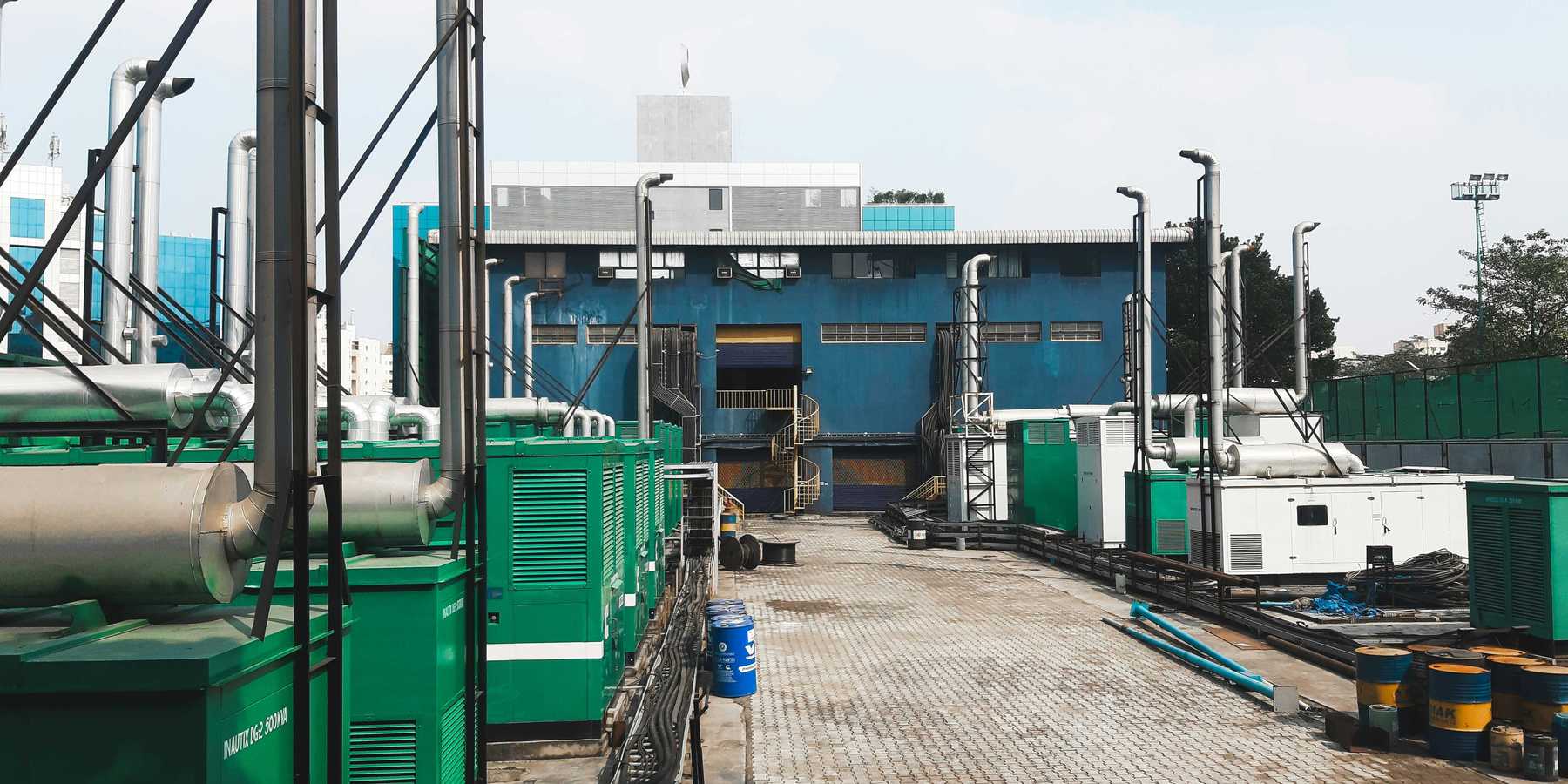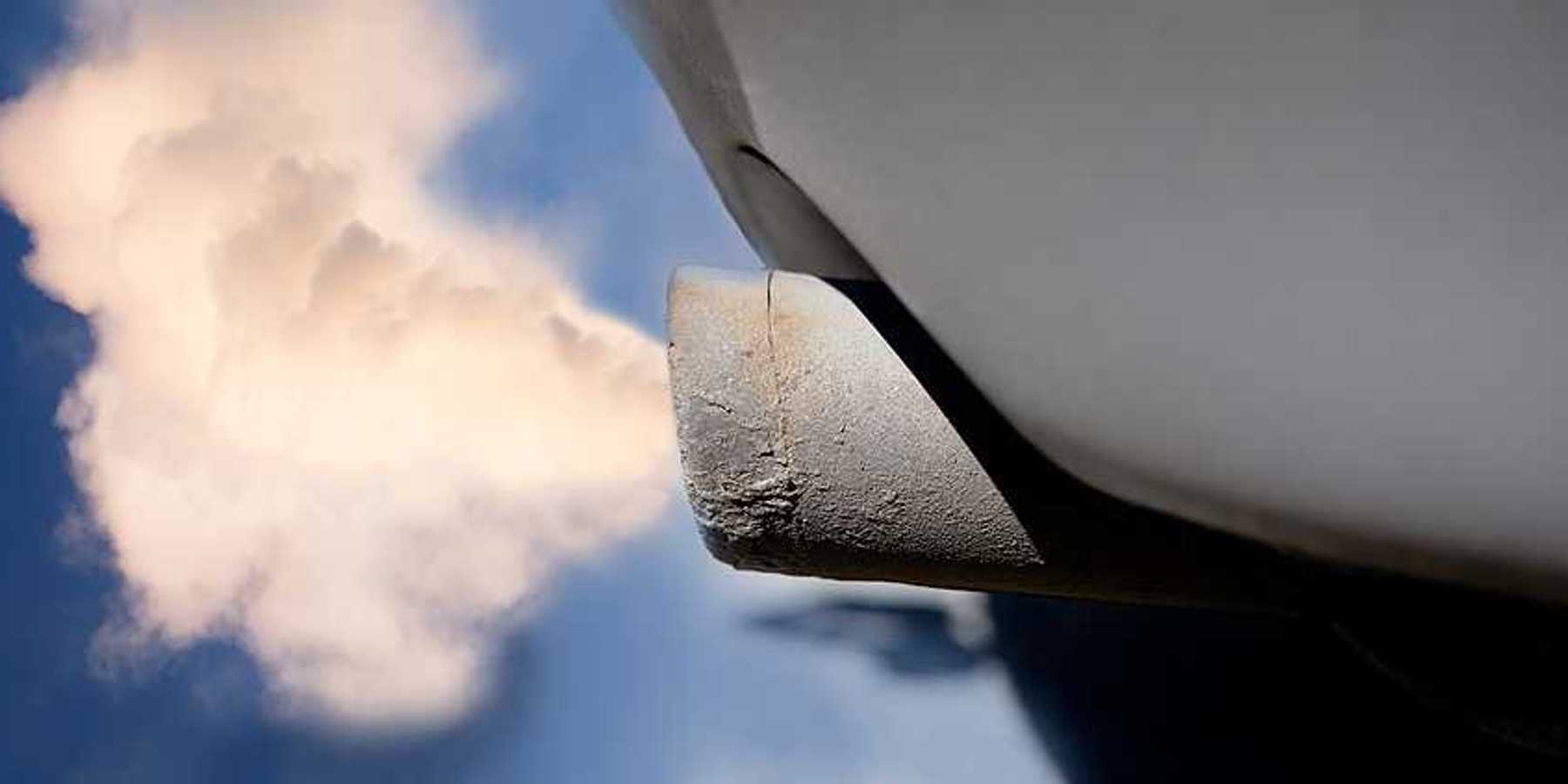Rebuilding Lac-Mégantic: Decade after rail disaster, residents say downtown still a desert
In a nutshell:
More than nine years before there was an East Palestine, Ohio, train derailment, there was the Lac-Mégantic, Quebec, rail disaster. On July 6, 2013, shortly before 1:00 AM, a parked freight train hauling highly flammable Bakken shale crude, broke free and, unpowered and unmanned, began to roll slowly towards the mostly sleeping town of Lac-Mégantic seven miles distant. When the runaway train jumped the tracks in downtown Lac-Mégantic, it was traveling more than 100 km/hour. The ensuing wreck, explosions and "tsunami of fire" leveled more than 30 buildings and killed 47 people.
Key quote:
"I was walking, and I felt something strange behind my back, and I turned around," he said. "I didn't even have the time to see the train pass. It was running at more than 100 kilometres per hour. There was no light, no motor running and no sounds."
Big picture:
The growth in oil-by-rail shipments and a corresponding increase in rail accidents involving fossil fuels tracks roughly with the growth of hydraulic fracturing (aka fracking) and the need to transport crude to refineries in a timely fashion. The volatile crude from the Bakken shale in particular, relies almost exclusively on rail transport. A resulting increase in accidents culminating in fires and explosions have earned such trains the nickname "bomb trains" and few communities are equipped to deal with an accident involving large amounts of such hazardous materials. Recommended safety measures have been stalled and stymied by competing interests and needed reforms have largely languished as a result.


